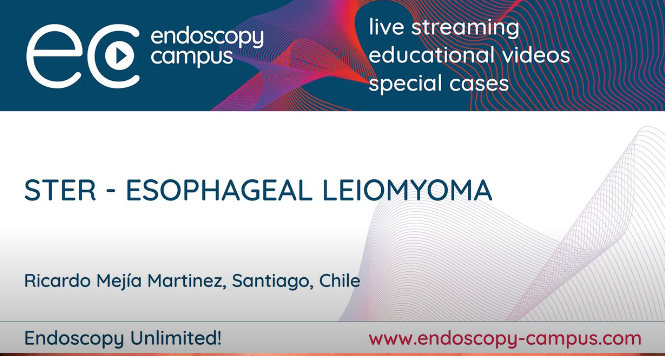Expert Review Advises Personalized Approach to GERD Diagnosis and Treatment
Prateek Sharma, MD, FASGE, reviewing Yadlapati R. et al. Clin Gastroenterol Hepatol 2022 Feb 2.
GERD, manifested by typical symptoms of heartburn as well as regurgitation and additional extraesophageal symptoms, such as chronic cough, sore throat, and globus sensation, affects more than 30% of the U.S. population. Several patients with a presumed diagnosis of GERD do not improve fully on a trial of acid-suppressive therapy, either due to an improper diagnosis of GERD or inadequately addressed symptom pathophysiology. To address these gaps in care, the American Gastroenterological Association recently published an expert review that provides best practice advice for personalized GERD care.
A thorough didactic and discussion session was held to deliberate the content and provide expert recommendations for clinical practice, which were voted upon by faculty contributors. Among the 14 clinical practice statements that were developed:
- Create a formal care plan with the patient and provide standardized educational materials.
- Proton pump inhibitor (PPI) therapy for GERD treatment is safe, which should be emphasized with each patient to ensure proper use.
- Empiric PPI therapy should be tried for 4 to 8 weeks in patients without alarm symptoms and, if successful, tapered to the lowest effective dose. If PPIs are insufficient for GERD treatment, a trial of medication adjustment with a more potent PPI or stronger acid-suppressive medication is recommended.
- For symptoms that do not fully respond to the PPI trial or are accompanied by alarm symptoms, endoscopy is warranted, as is prolonged pH monitoring off PPI therapy for those without endoscopic evidence of erosive reflux esophagitis.
- For those patients with only extraesophageal symptoms but strongly suspected of having GERD, objective reflux studies should be conducted before an empiric PPI trial.
- If adjunctive medications are necessary beyond PPI therapy, they should be tailored to the specific GERD symptoms of that patient. These include H2 receptor antagonists for nocturnal symptoms or baclofen for belch-predominant symptoms. Concomitant gastroparesis should also be treated.
- If functional heartburn or esophageal hypervigilance reflux hypersensitivity is identified, referral to behavioral therapy, diaphragmatic breathing, and relaxation strategies should be used.
- Achalasia should be ruled out and esophageal motility performed before surgical or endoscopic antireflux treatment.

COMMENTIndividualized care plans and a patient-centered approach for the diagnosis and treatment of GERD may be the best tactics to improve outcomes in this patient population.
Note to readers: At the time we reviewed this paper, its publisher noted that it was not in final form and that subsequent changes might be made.
CITATION(S)
Yadlapati R, Gyawali CP, Pandolfino JE; CGIT GERD Consensus Conference Participants. AGA clinical practice update on the personalized approach to the evaluation and management of GERD: expert review. Clin Gastroenterol Hepatol 2022 Feb 2. (Epub ahead of print) (https://doi.org/10.1016/j.cgh.2022.01.025)


